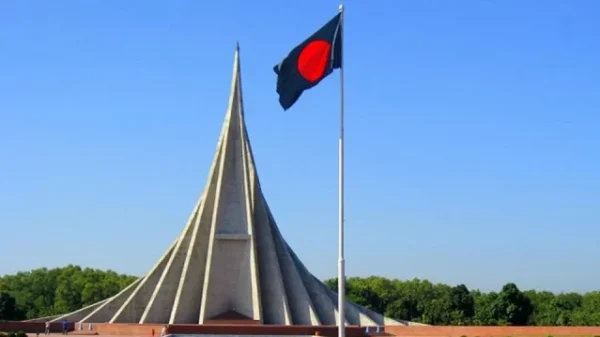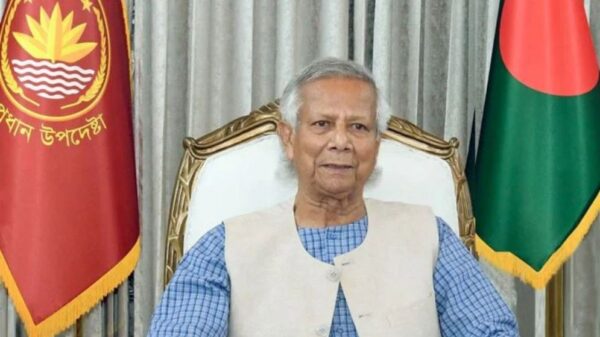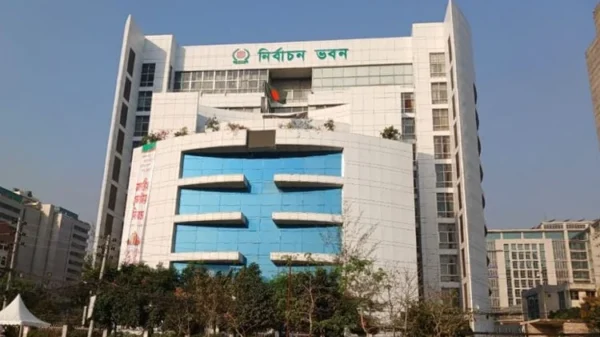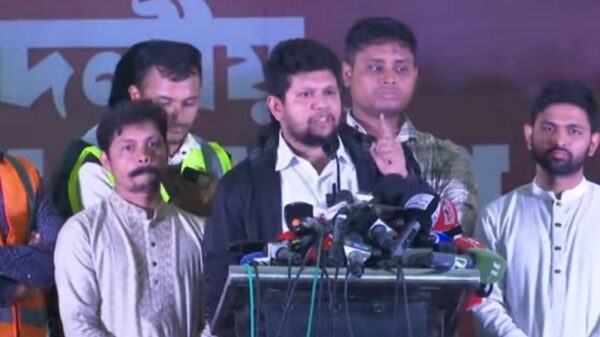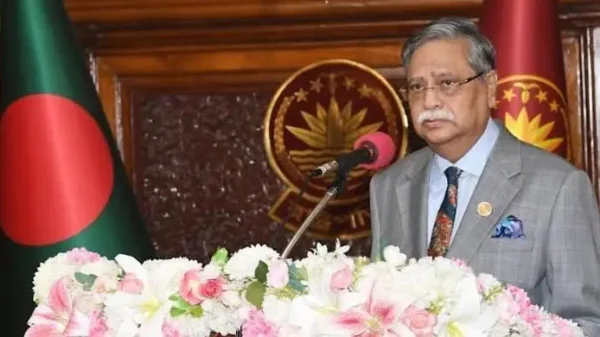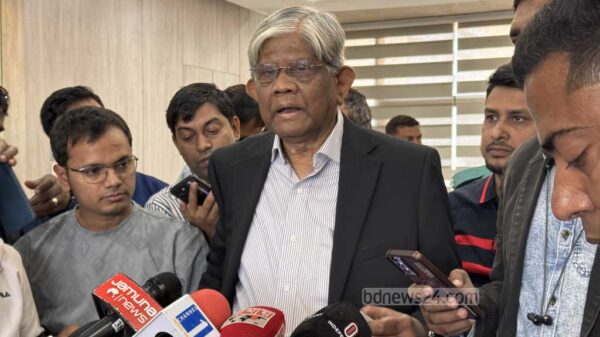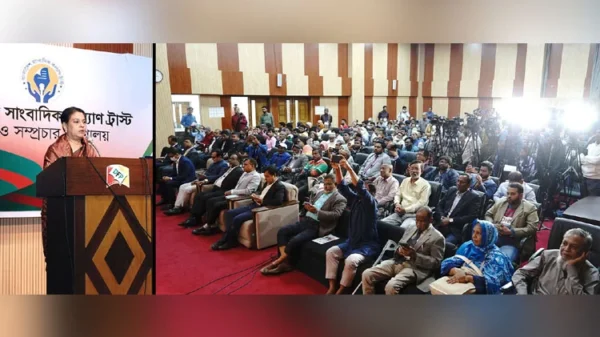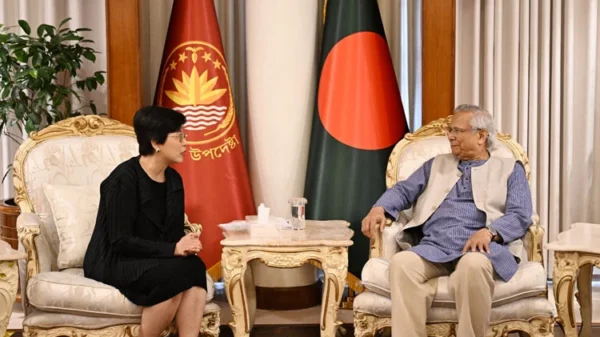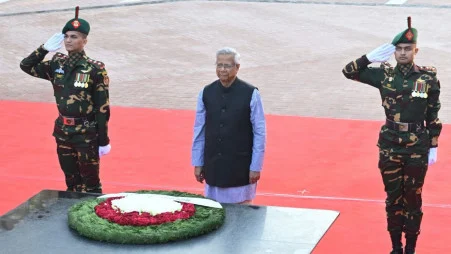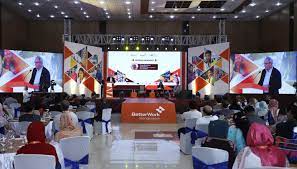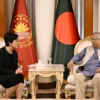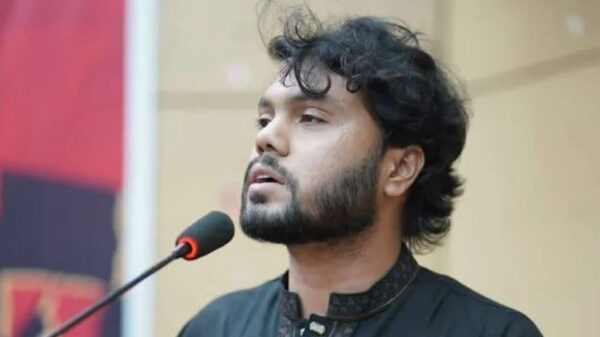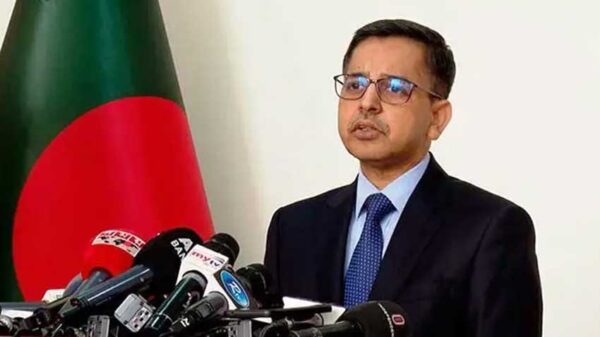A Correspondent:
Chattogram: Country Director of ILO in Bangladesh Tuomo Poutiainen on Saturday highlighted the sig-nificance of gender equality, noting that the progress they see in Bangladesh’s RMG sector is impressive.
“It demonstrates how gender equality is a moral imperative and an effective strategy for economic growth,” Poutiainen said.
The ILO Country Director said they look forward to continuing this important work through the expan-sion of GEAR to foster a more inclusive workforce and drive tangible improvements in productivity and competitiveness.
The “Gender Equality and Returns: Advancing Women Leadership, Skills Development and Productivity in the Supply Chain” event held in Chattogram brought together stakeholders from the RMG industry to showcase the Gender Equality and Returns (GEAR) initiative in promoting gender equality and contin-ued advancement of women’s leadership and skills in the RMG sector.
GEAR, a collaborative initiative by ILO and the IFC Better Work programme, has trained 800 female workers since 2016, of which 528 have been promoted to supervisory roles.
In partnership with the Bangladesh Apparel Exchange (BAE), this event marked the joint commitment to women’s empowerment in the RMG sector.
The RMG industry, a crucial contributor to the national economy, is experiencing positive change through initiatives like GEAR.
An Oxford University impact assessment revealed direct positive outcomes from GEAR, including a 5% increase in line efficiency, a 39% wage increase for female supervisors, and improved quality control, showcasing enhanced confidence and capabilities among trained workers.
Despite this, the sector still grapples with a mere 5% of supervisory roles held by women and an existing wage gap, highlighting the need for sustained efforts.
While acknowledging GEAR’s successes, speakers at the event emphasized the necessity for collaborative action from the government, factory owners, buyers, development partners, UN agencies, and civil soci-ety organizations (CSOs).
These collaborative efforts are essential to creating a more equitable garment industry, according to ILO.
Ambassador of the Republic of Korea to Bangladesh Park Young Sik said Korea is proud to support Bangladesh in these vital initiatives. “The strides made here in gender equality inspire many,” he noted.
Leena Khan, Labor Attaché, U.S. Embassy Dhaka, Bangladesh, said, “As graduates of the GEAR pro-gram, you will contribute to better working conditions, ensuring worker voices are heard, and improving employment opportunities for women.”
“We recognize the program’s work with governments, employers, workers, trade unions, and global brands to improve worker rights in the garment industry and to make the sector more competitive.”
The event served as a platform for strategic discussions, potential collaborations, and policy advocacy for a more inclusive industry.
The sessions covered themes from leadership development to skills enhancement, concluding with a fash-ion show by the GEAR graduates.
Recommendations by the government and industry included the expansion of the GEAR initiative.
The event was concluded following the fashion show by the garment workers who are GEAR graduates.
In Bangladesh, Better Work promotes decent work, empowering women, and inclusive economic growth, working with more than 450 factories.
The Gender Equality and Returns (GEAR) initiative aims to equip women with skills and a supportive environment, promote career progression, and integrate gender equality into the supply chain.
Its primary focus is on building the capacity of female workers in the RMG sector to enable their pro-gression into supervisory roles, thereby enhancing their leadership capabilities.


